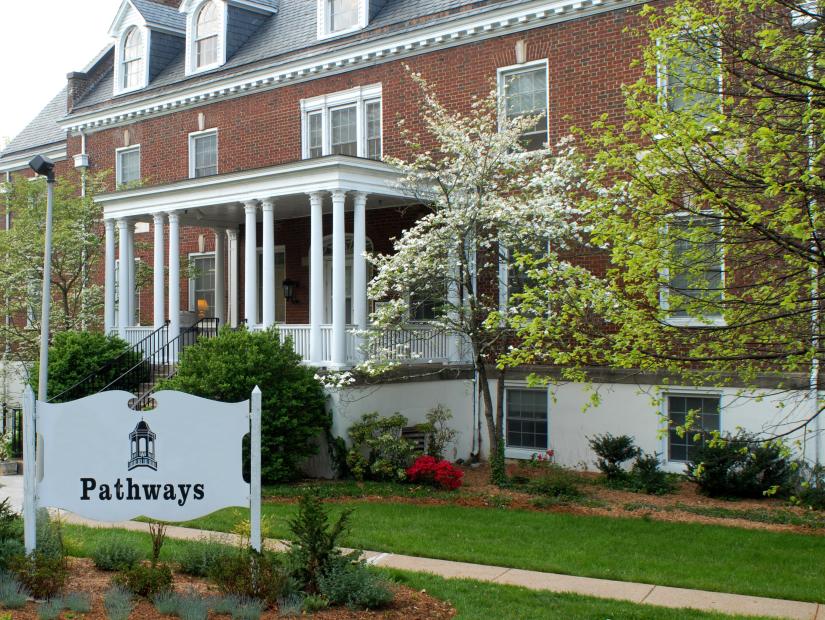Access my health records
Log in to HealthyU electronic health records portal.
I need to pay a bill
Log in to Centra Pay My Bill portal.
Estimate my cost
See what costs could be for a variety of services.

Check here for more news on what’s happening in health and wellness. See all News